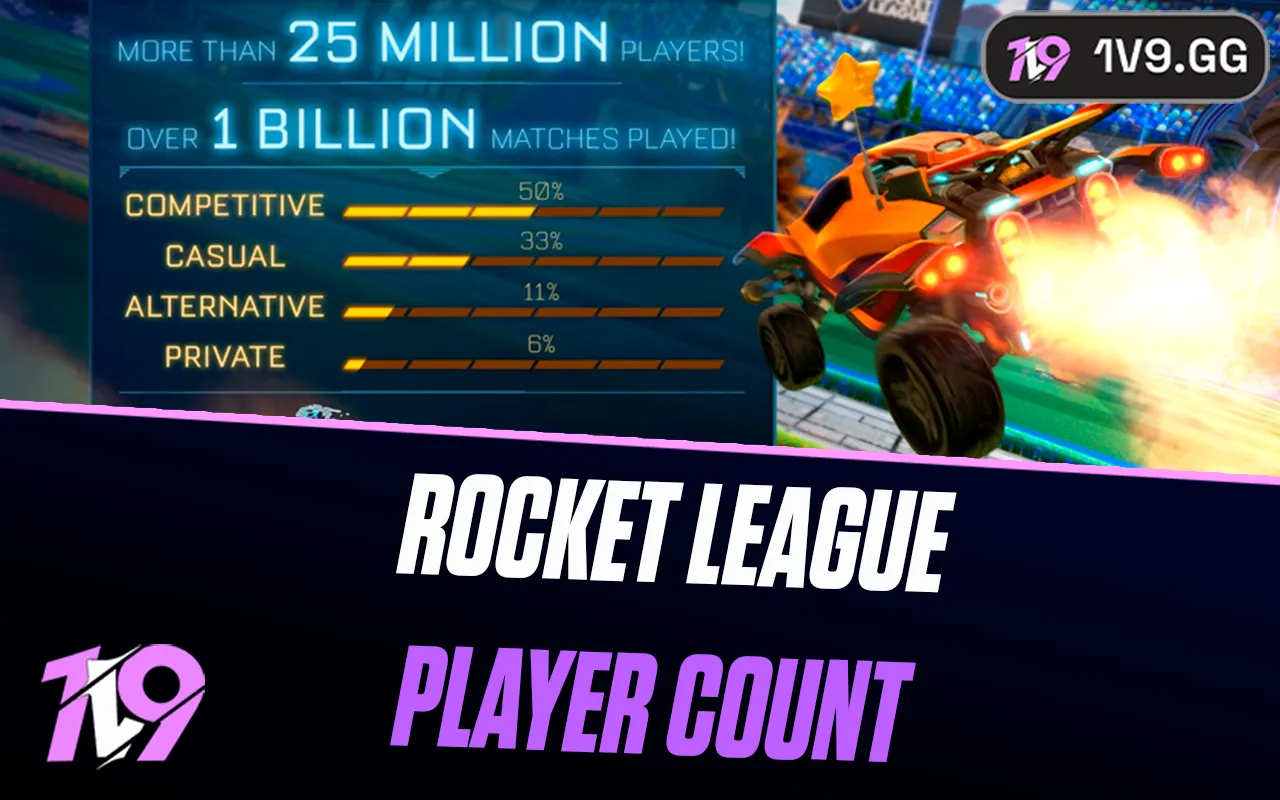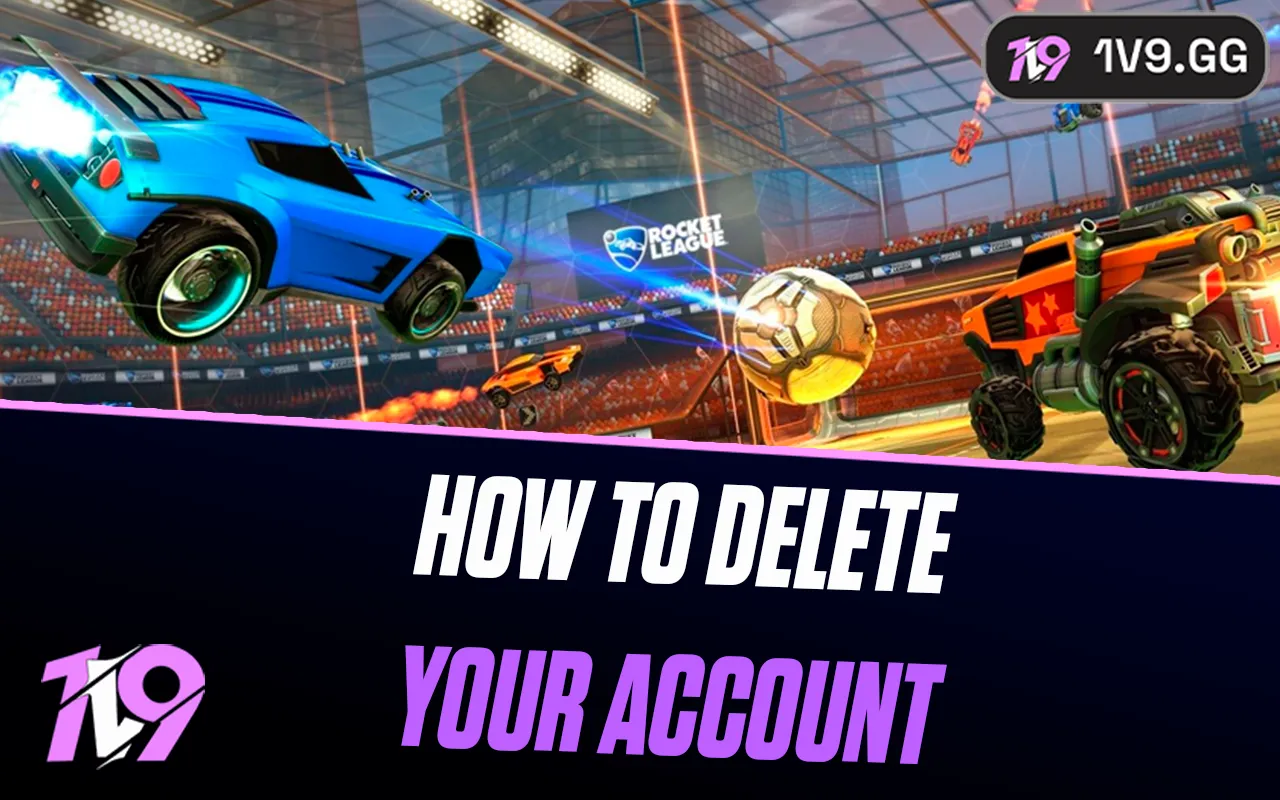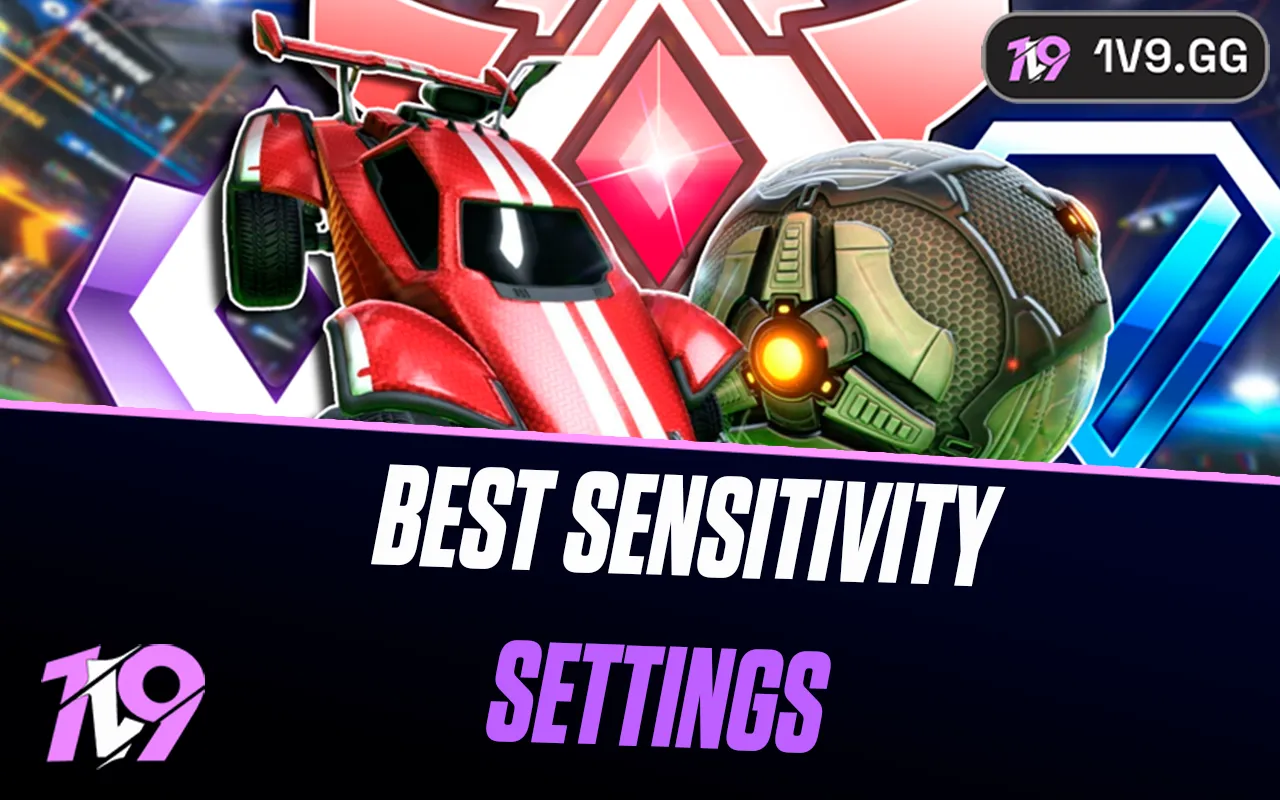Rocket League Ping Test
Europe West
Loading...
Europe North
Loading...
US West
Loading...
US Central
Loading...
US East
Loading...
South America
Loading...
South East Asia
Loading...
West Asia
Loading...
East Asia
Loading...
Oceania
Loading...
What is Rocket League Ping Test?
Our Rocket League Ping Test is a powerful tool that assesses your connection’s real-time performance by measuring the latency between your network and Rocket League servers. This allows you to check your ping without launching the game, making it ideal for troubleshooting connection issues or optimizing your network for smoother, competitive gameplay.
What is a good ping in Rocket League?
In Rocket League, having a low ping is key for a smooth and responsive gaming experience. Ideally, a good ping falls between 20 to 50 milliseconds (ms), ensuring fast reaction times and minimal lag. If your ping is over 100 ms, you may start noticing delays that can impact gameplay, making it harder to control the ball and react to opponents in real-time. Staying within the 20-50 ms range helps keep your moves and actions synced with the game server, which is crucial for competitive play.
How to check Rocket League ping?
Our Rocket League Ping Test tool provides a fast and accurate way to check your connection quality specifically for Rocket League. Regularly testing your ping with this tool helps ensure a smooth, lag-free gaming experience, avoiding disruptive latency issues. Make it a habit to monitor your network’s performance to maintain your competitive edge in every match.
How to Reduce Rocket League Ping?
To reduce ping in Rocket League, start by securing a stable internet connection—using a wired Ethernet connection is often the best option to minimize latency. Update your network drivers regularly to keep your connection optimized. Close any background applications that may be consuming bandwidth, as these can interfere with your connection speed. If you’re still experiencing high ping, consider using a gaming VPN to potentially improve routing to the Rocket League servers. Additionally, choose the server region closest to your location in the game settings for the lowest possible ping and the best in-game responsiveness.
What causes high ping in Rocket League?
High ping in Rocket League can stem from several common issues. An unstable or slow internet connection is often a primary cause, as limited bandwidth can delay the transmission of data to and from game servers. Additionally, background applications or devices on your network that are consuming significant bandwidth—such as streaming, downloading, or running cloud backups—can worsen your connection speed and lead to higher ping. Outdated network drivers may also contribute to poor performance. If these steps don’t resolve your ping issues, it might be helpful to contact your internet service provider to discuss potential connectivity improvements.
Why Low Ping is essential in Rocket League?
Low ping is crucial in Rocket League because it directly affects how quickly your actions are registered in the game, impacting timing and precision. In a fast-paced game where every split-second counts, a lower ping ensures that your moves—such as shooting, passing, and positioning—are transmitted almost instantly to the server. This responsiveness helps you react more effectively to the ball and opponents’ moves, giving you an edge in tight gameplay situations. High ping, on the other hand, can create delays or “lag,” causing your car to move or the ball to react more slowly than intended, which can throw off your game and make it harder to compete. Essentially, a low ping supports smoother gameplay, allowing you to play at your best and maintain control in crucial moments.
Does players with lower ping have higher changes to win more games in Rocket League?
Yes, players with lower ping generally have a competitive edge in Rocket League and are more likely to perform well in matches. Lower ping means there’s minimal delay between a player’s actions—like hitting the ball or positioning their car—and how these actions appear in the game, allowing for quick, precise responses. This advantage can be crucial in a high-speed game like Rocket League, where every second counts for moves like aerials, dribbling, and defending. With low ping, players experience smoother, real-time gameplay, reducing the risk of lag-related errors that can lead to missed shots or poorly timed defenses. While ping alone doesn’t guarantee wins, lower ping certainly helps players stay competitive and improve their chances of winning more matches.
Does Low Ping Improves Reaction time in Rocket League?
Low ping in Rocket League doesn’t directly improve a player’s physical reaction time, but it does enhance the speed at which their actions are registered in the game. With low ping, the delay between a player’s input—like jumping, hitting the ball, or dodging—and the server’s response is minimized. This means the game reflects the player’s actions almost instantly, creating a smoother and more responsive experience. While a player’s natural reaction time remains unchanged, the immediate feedback from low ping allows them to act on their instincts faster, making it feel like quicker reactions. In a fast-paced game like Rocket League, this can make a big difference, helping players react swiftly to the game’s ever-changing plays.
Best Platform to Play Rocket League for minimal input delay?
The best platform for playing Rocket League with minimal input delay is a high-performance PC. PCs allow for higher frame rates, often reaching 144 FPS or above, especially with a good graphics card and a high-refresh-rate monitor, leading to smoother, more responsive gameplay. Unlike consoles, PCs offer extensive customization options, enabling players to adjust graphic settings for optimal performance and low latency. Additionally, a PC setup allows for low-latency monitors with quick response times, such as 1 ms and high refresh rates of 144 Hz or 240 Hz, which significantly cuts down input delay compared to most consoles that are typically limited to 60 Hz or 120 Hz. PC players also benefit from a wider range of low-latency wired controllers and better network adapters that support gaming-optimized Ethernet connections for a more stable and responsive online experience. Although next-gen consoles like PlayStation 5 and Xbox Series X provide improved frame rates, a high-spec PC setup remains the top choice for achieving the lowest input delay in Rocket League.
Blog & News
Posts that make your day light up
💬 Need help?
Our 1v9 support team is available 24/7 to help you with any questions or issues you may have.
support@1v9.gg
Loading...
1v9.gg is not endorsed or affiliated by any game developers or publishers.
2025 1v9, All Rights Reserved, Created By NightDev




